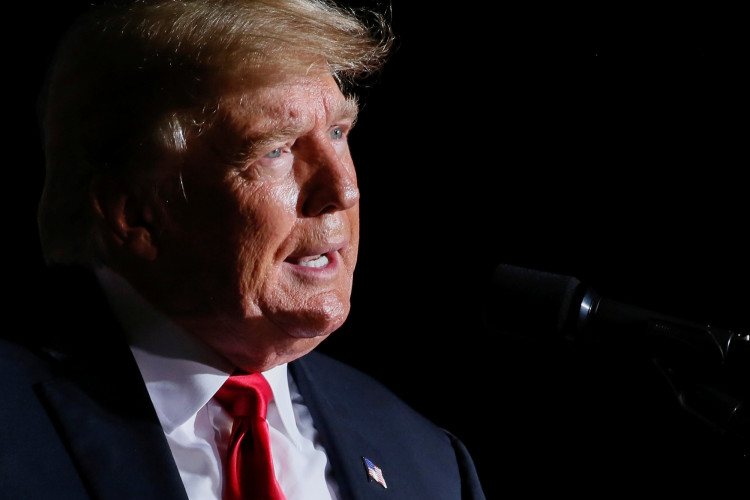Some of Donald Trump's allies are preparing proposals to significantly alter the Justice Department's structure and function, aiming to turn it into an instrument for conservative causes, according to nine individuals involved in the effort, according to Reuters. This move, if successful, could become one of the most consequential actions of a potential second Trump presidency, given the Justice Department's critical role in upholding the rule of law and protecting democratic institutions.
The plan involves two key strategies: staffing the department with staunch conservatives unlikely to challenge controversial orders from the White House and restructuring the agency to centralize decision-making power among administration loyalists. The FBI, which many Republicans view as biased against them, would face new constraints on its authority, with many responsibilities potentially shifted to other law enforcement agencies.
Steve Bannon, a prominent Trump ally, stated, "It's not just personnel: you do need to purge the DoJ, but you also need to reform it." Overhauling the Justice Department would enable the Trump administration to pursue conservative policy initiatives, such as dismantling diversity hiring programs and ending federal oversight of police departments accused of racist practices.
Trump, indicted on numerous criminal charges by the Justice Department, has vowed to overhaul the agency if he wins the November 5 election, pledging to use it to target his political opponents, including President Joe Biden. The Trump campaign, in response to questions from Reuters, referred to a December statement from co-campaign managers Susie Wiles and Chris LaCivita, emphasizing that only messages directly from Trump or authorized campaign members should be considered official.
Some Trump allies support eliminating the FBI's general counsel, an office that angered Republicans during Trump's previous term for its role in approving an inquiry into his 2016 campaign's contacts with Russian officials. Gene Hamilton, a former senior Justice Department official under Trump, and Steve Bradbury, another former Justice official, both endorse this measure and advocate for changing the Justice Department's chain of command so the FBI director reports to politically appointed assistant attorneys general.
Trump's allies are also considering narrowing the types of crimes the FBI can investigate, suggesting other agencies like the Drug Enforcement Administration could take the lead in overlapping jurisdictions. Additionally, Trump has embraced a potential executive order known as "Schedule F" that would allow him to replace thousands of civil servants with conservative allies.
Attorney General Merrick Garland condemned these plans, calling them "unprecedented and unfounded attacks on the Justice Department." Critics argue that these measures would undermine the department's independence and its ability to administer justice impartially.






